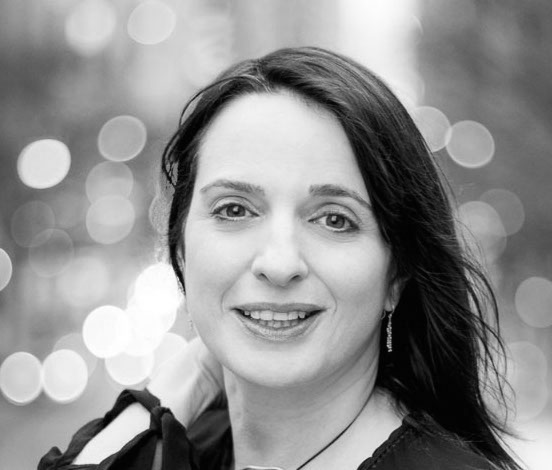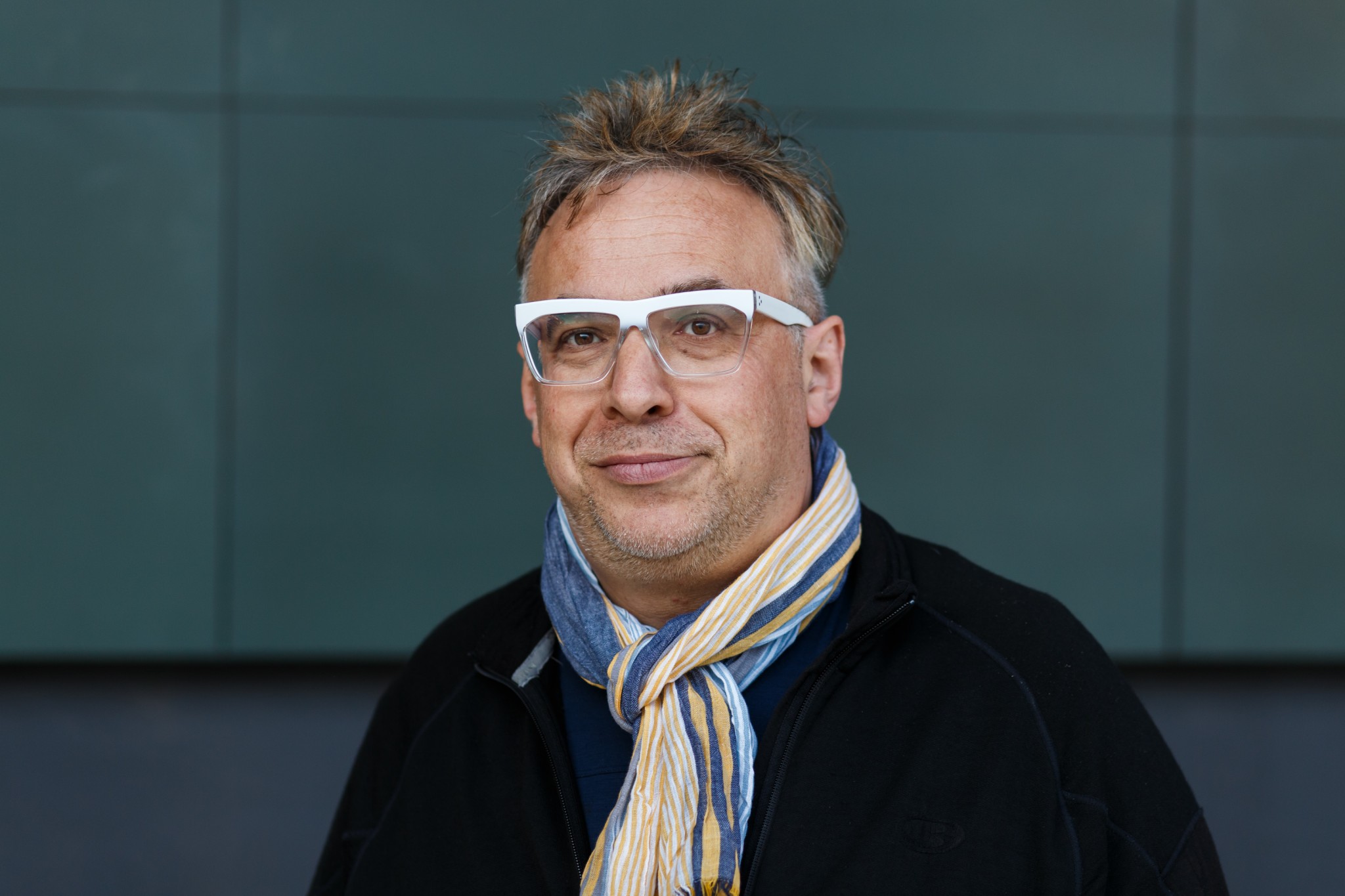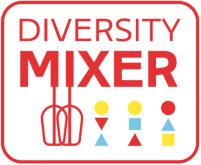From September 12-14, Rijeka’s RiHub, Grahovčeva 1, will host the International Conference on Diversity in Culture and the Creative Industries, with the participation of about 30 domestic and international cultural and creative practitioners and workers in the fields of culture, science, arts and the media. The event will also serve as a platform for showcasing the results of frontier research into diversity in these fields, the first of its kind conducted in Croatia.
The central theme of the conference, diversity in culture and the creative industries, will offer an understanding of “diversity” as an essential ingredient of quality assurance in culture and the creative industries. At the same time, diversity will be portrayed as a precondition for securing high-quality content to be offered to the audiences by CCIs. In this sense of the word, diversity entails the inclusion of all the “different”, all the “dissenters” who have often been excluded from culture and the creative industries in the past. It also means extending the availability of CCI products to the broadest and most diverse segments of the general population.
Socio-economic diversity, the accessibility of cultural institutions, spaces, and cultural content to persons with special needs, gender-based differences among CCI employees, the declining attendance of senior citizens, worldview clashes between established members of the fields and newcomers, educational differences and talent development, the issue of scouting the rich variety of each person’s individual qualities, the difference between landing a job through referrals and through being related to the manager, intrinsic motivation, and extrinsic remuneration in the field of CCI, hiring freelancers vs. full-time workers. These are but a few of the differences that should be taken into account when considering the differences in CCIs. Diversity encompasses certain specific social groups such as women, minorities, LGBTQ persons, the poor, the homeless, immigrants… What is their role in CCI? Do they form a part of the audience? Are they an essential part of CCI, or are they invisible?
Rijeka, as the European Capital of Culture (ECoC), deals with diversities within some of the programmes on offer, while even its slogan, The Port of Diversity, continues to emphasize the importance of including the excluded. This is exactly why the ECoC project and its partners strive to bring this important topic to the forefront of both Rijeka’s and other interested conference audiences, all the while bearing in mind the future of CCIs in the city, their further development, and all the benefits brought forth to the general public by individuals attuned to the importance of diversity in these fields and to the importance of understanding the depth and breadth of this wide-ranging topic.
The Diversity in culture and the creative industries conference will offer a variety of panel discussions on many issues of interest: What kind of influence does role assignment in TV shows and movies have on the generations that grow up watching them? What happens when, after more than half a century of literary and movie history, the new agent 007 is no longer a white man but a black woman? How does cultural and creative content relate to the sex/gender or age of cultural workers? What is real diversity and can it be achieved?
Americans Alissa Quart and Lev Manovich are announced as the key speakers at the conference.

Alissa Quart
Alissa Quart writes a column for The Guardian entitled Outclassed, and at the conference, she will present an innovative model that her non-profit organisation applies in the creation and distribution of media content. Quart is the executive editor of the non-profit organization and media platform called the Economic Hardship Reporting Project, dedicated to the commissioning, editing and distribution of reportage on the latest American crisis and inequality. She is the author of four non-fiction books, including the critically-acclaimed Squeezed: Why Our Families Can’t Afford America. Dr. Lev Manovich is one of the leading digital culture theorists. At the conference, he will present his new project Elsewhere, which explores the changes in diversity in different areas of culture using Internet data – that is, millions of user records from 2007 to 2019, aiming to establish new methods of studying cultural and creative industries. He is also the author of the most significant book in the field of new media – The Language of New Media, the founder of the Cultural Analytics Lab and a pioneer in the area of data science application in contemporary culture analysis.

Lev Manovich
Besides the two of them, a host of domestic and international cultural and creative practitioners will participate in the conference and they will through keynote lectures, panels and presentations of their own works and offer their own understanding of diversity – in theory, film, old and new media, arts, music, video gaming…
The conference will also serve as a platform for showcasing the results of frontier research conducted under the Diversity Mixer project. This is research on diversity in the field of CCIs, the first of its kind conducted in Croatia. The results of the research have already been published and represent a significant contribution to the understanding of attitudes regarding diversity in the field of CCI. The results are available here in a publication entitled “Time and Risk Produce Quality; Report on the Approaches to Diversity in the Economic Sector of the Cultural and Creative Industries of Primorje-Gorski Kotar County”
The conference is realized as part of the Diversity mixer project, which is financed by the European Union Rights, Equality and Citizenship Programme (2014-2020), and is implemented jointly by RIJEKA 2020 d.o.o. and the Academy of Applied Arts of the University of Rijeka, in cooperation with the Croatian Business Council for Sustainable Development as an associate partner.
Participation is free, with mandatory registration.
The complete programme of the conference will be available at the beginning of August on the Rijeka 2020 website – that is, the website of this Conference, where all other materials related to the Diversity Mixer project can also be found.



